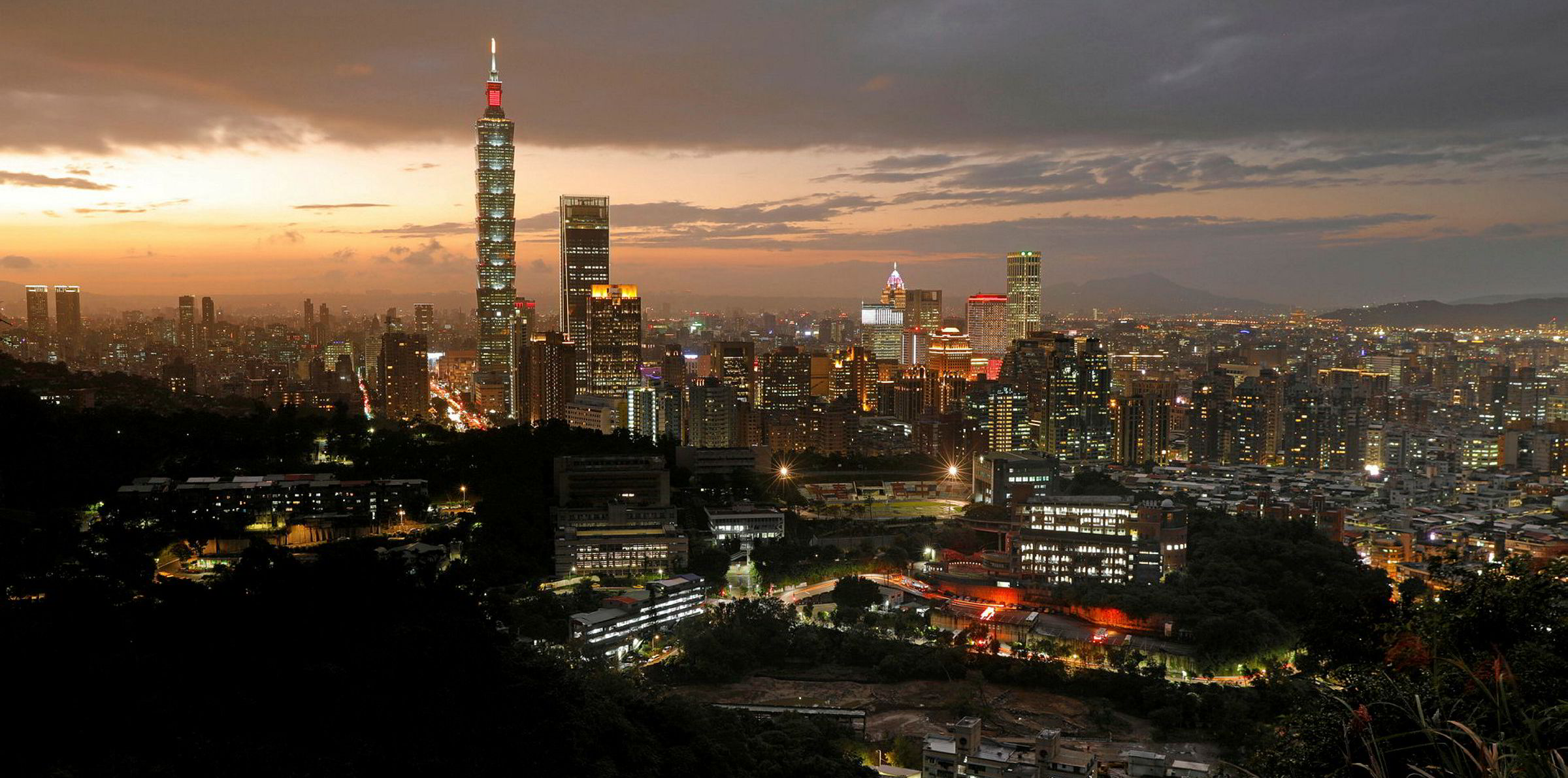Taiwan will witness a major leap forward in its energy transition in the next decade with non-hydropower renewables capacity almost quadrupling as a percentage of the country’s energy mix from just over 4% this year to better than 15% in 2028, according to latest figures from Fitch Solutions.
The research group forecasts non-hydropower renewables capacity in the Asian nation will expand by an average of 18.2% a year from 2019-2028 , to reach nearly 21.3GW and account for 15.4% of total generation.
The rapid shift, said Fitch Solutions, was being “underpinned by strong government support for renewables and growing investor interest” that have together boosted Taiwan's project pipeline “significantly”, particularly in the offshore wind and solar sectors, as the government moves to wind-down its nuclear and coal-fired power output .
Offshore wind and solar are foreseen being the main drivers of this growth, with Fitch Solutions expecting Taiwan “to be one of the global outperformers in this two subsectors” given its 7.8GW offshore wind project pipeline and solar on tract to grown almost 200% from the current 2GW installed.
“Taiwan has emerged as one of the largest markets for offshore wind power development worldwide in a relatively short time,” said Fitch Solutions, pointing to progress on Danish developer’s Orsted's Changua 1 and 2a projects as playing a “key role” in helping establish Taiwan as a likely sector “outperformer” in the coming decade.
“We also expect Taiwan to emerge as one of the fastest-expanding solar markets globally, a view informed by the government’s newly announced PV promotion plan for 2019-2020, and is looking to ramp by the deployment of another 3.7GW of capacity by the end of 2020.”
While Fitch Solution noted that investor interests had been “dented slightly” by a cut in feed in tariff rates in 2019, it believes that “this will be offset by the falling technology costs and retain our positive outlook for the coming years”.
“Given the ongoing commitment by the existing Democratic Progressive Party government to achieve a nuclear-free Taiwan by 2025, we maintain our view that the nuclear phase-down policy in Taiwan will continue despite public support for the fuel source.”
The research group said the trajectory of Taiwan’s current energy transition plans would be “reinforced” by the likely return to office in the upcoming national elections of president Tsai Ing-Wen, who is anti-nuclear, as well as by the ever-stauncher public opposition to coal-powered projects being spurred by growing environmental concerns.


